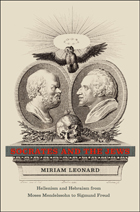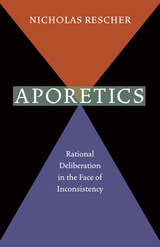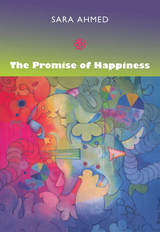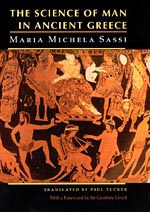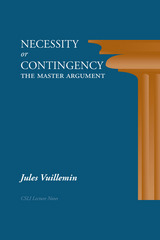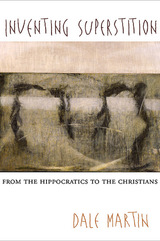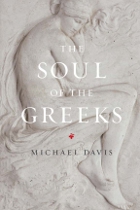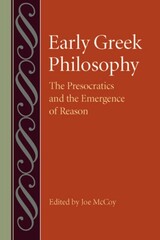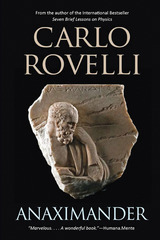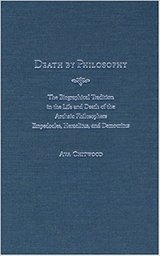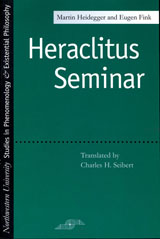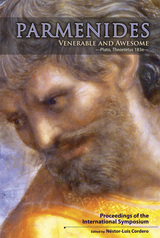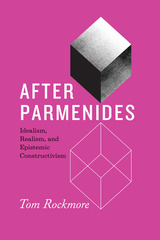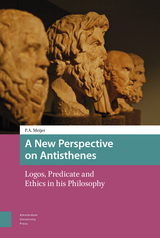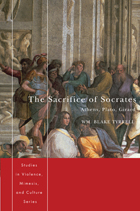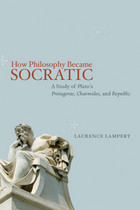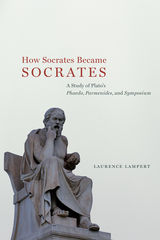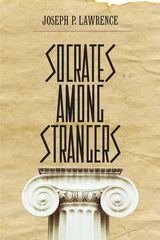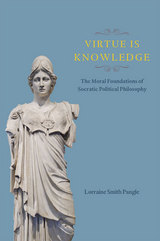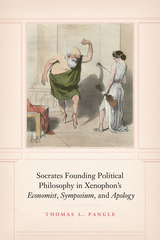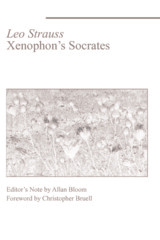The Way of Oblivion: Heraclitus and Kafka
Harvard University Press, 1998
Paper: 978-0-674-94803-7 | Cloth: 978-0-674-94802-0
Library of Congress Classification B223.S39 1998
Dewey Decimal Classification 182.4
Paper: 978-0-674-94803-7 | Cloth: 978-0-674-94802-0
Library of Congress Classification B223.S39 1998
Dewey Decimal Classification 182.4
ABOUT THIS BOOK | REVIEWS
ABOUT THIS BOOK
If Heraclitus is one of our most ancient writers, Kafka seems especially modern. They share in a struggle between disclosure and obscurity that is perhaps as old as writing itself. In this lucid and engaging volume, David Schur takes us from philosophy to literature and back in a sustained examination of a fundamental philosophical metaphor: the way or path of method. Through close readings of texts by Heraclitus, Plato, Heidegger, Blanchot, and Kafka, he follows the development of a rhetorical commonplace into a distinctly Heraclitean paradox of method, concluding that Kafka's account of the way beyond mortal existence renews Heraclitus's emphasis on oblivion in the search for truth.
See other books on: 1883-1924 | Kafka | Kafka, Franz | Paradox | Way
See other titles from Harvard University Press

